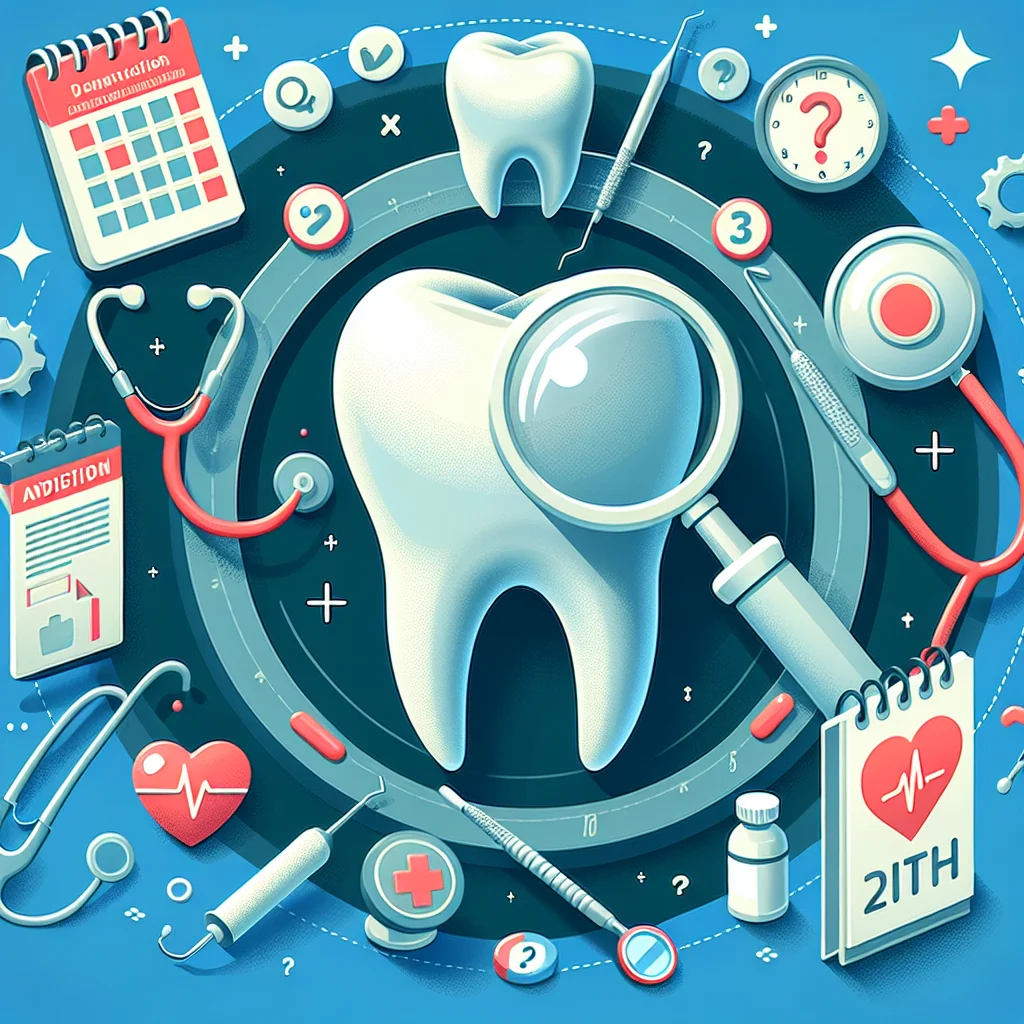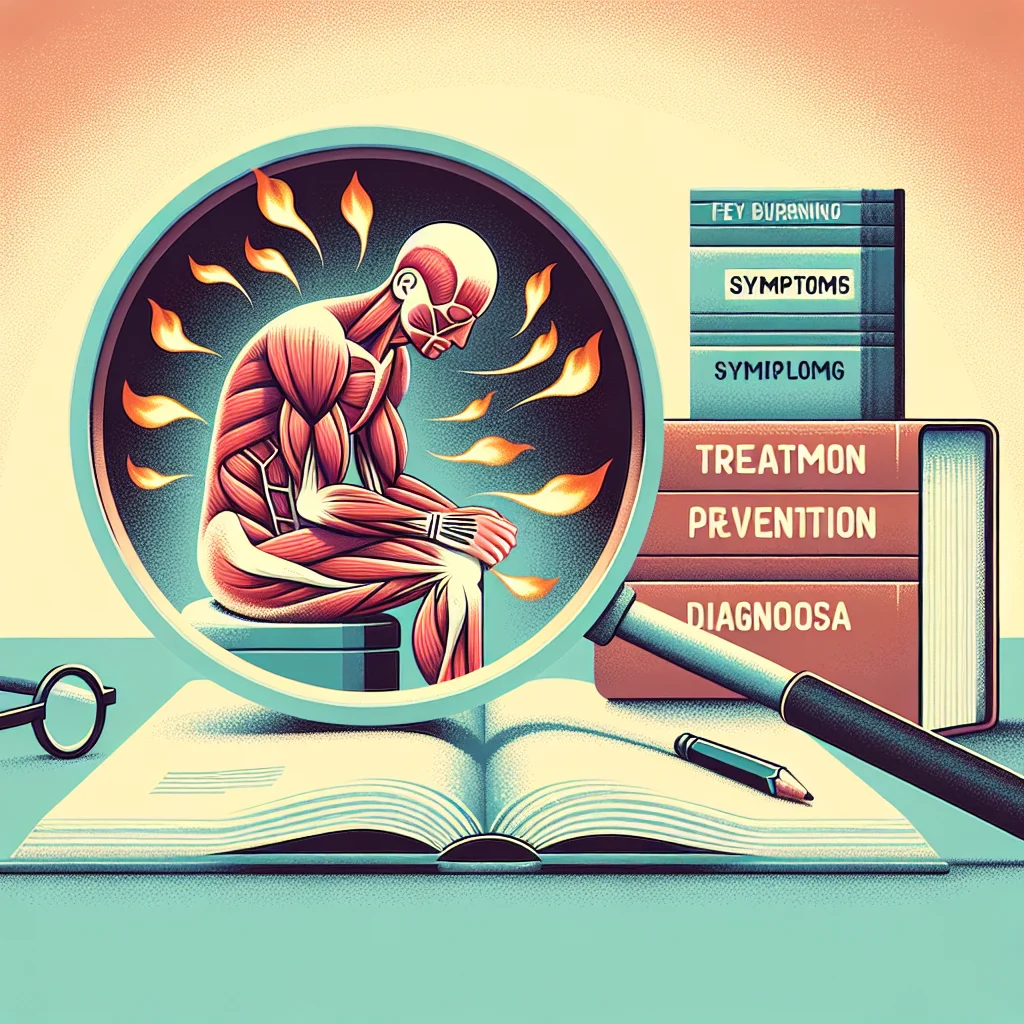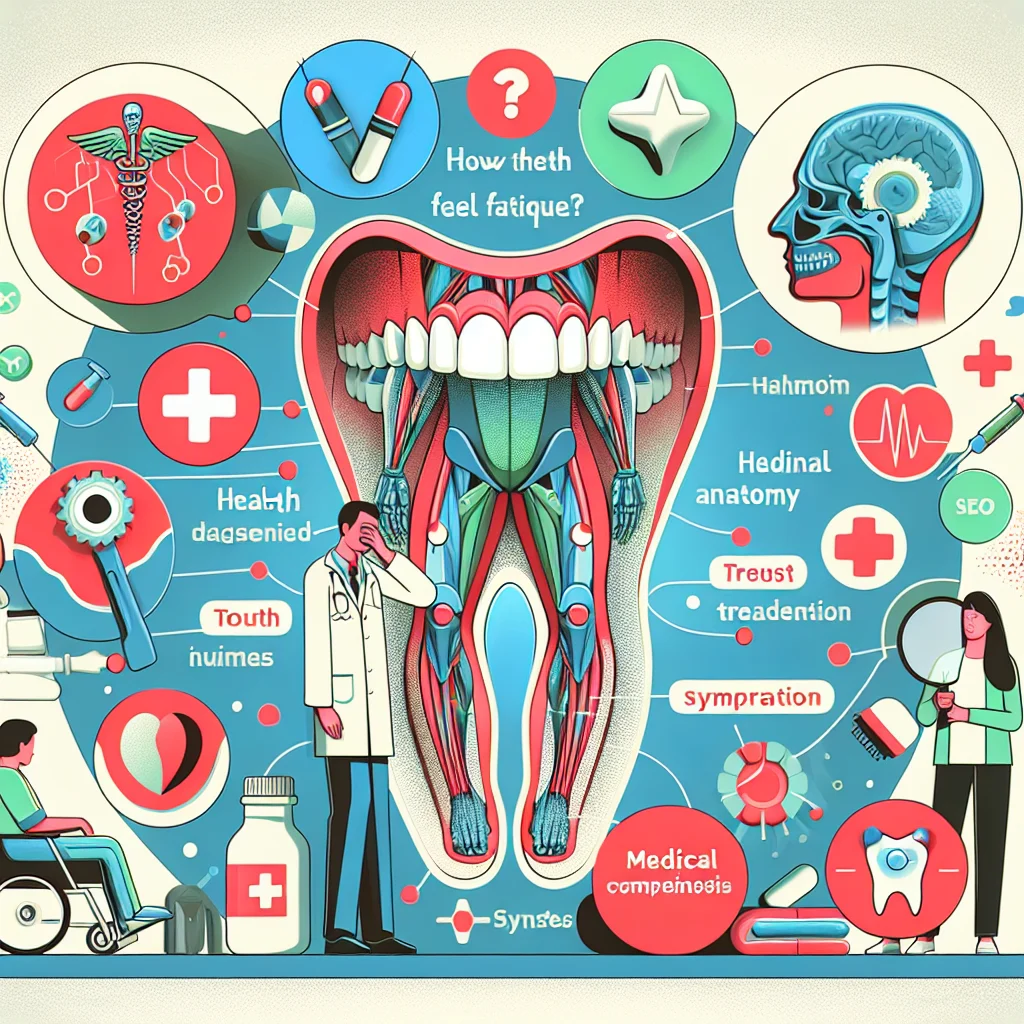
Possible Causes and Medical Insights
Feeling tightness in your teeth may be unsettling, but understanding the underlying causes can help you make informed decisions about your oral health. Common reasons for this sensation include bruxism (teeth grinding), sinus pressure, gum disease, and even jaw disorders such as temporomandibular joint dysfunction (TMJ). Each of these conditions affects your teeth and gums differently, resulting in varying degrees of discomfort or tightness. Identifying the root cause is essential for effective treatment and long-term oral health.
Medical professionals stress that dental tightness can sometimes indicate more serious health issues. For example, persistent tightness might signal an infection, abscess, or tooth alignment problems. Occasionally, systemic conditions like vitamin deficiencies or autoimmune diseases can also manifest as oral symptoms, including tightness. By being aware of these potential causes, you can better gauge when to seek professional dental or medical advice for your symptoms.
Symptoms and Risk Factors
Alongside the sensation of tightness, you may notice other symptoms such as jaw pain, headaches, tooth sensitivity, or swollen gums. These symptoms often provide crucial clues about the underlying problem. For instance, if tightness is accompanied by pain when chewing or biting, this could point to dental decay or a cracked tooth. Conversely, if you experience sinus pressure or congestion, the tightness may be related to sinusitis rather than a direct dental issue.
Certain risk factors increase the likelihood of experiencing teeth tightness. These include high stress levels (which can lead to teeth grinding), poor oral hygiene, a history of gum disease, or recent dental work. People with misaligned teeth or those who frequently consume hard or chewy foods are also at greater risk. Recognizing these risk factors can help you take preventive steps and seek timely health advice if symptoms worsen or persist.
Diagnosis and When to See a Doctor
If you are wondering, "When should I worry about my teeth feel tightness?", it's important to monitor the persistence and severity of your symptoms. If the tightness lasts more than a few days, is accompanied by significant pain, swelling, fever, or difficulty opening your mouth, you should schedule a dental appointment promptly. These signs may indicate an underlying infection or other condition that requires immediate attention from a healthcare professional.
Your dentist will typically perform a thorough examination, which may include X-rays, to diagnose the exact cause of your discomfort. Providing a detailed description of your symptoms, including any other health issues, will help your dentist decide on the best treatment. Early diagnosis is key to preventing minor issues from developing into more serious health problems, so don't hesitate to seek medical insight if you're concerned about your oral health.
Prevention and Home Remedies
Practicing good oral hygiene is the first step in preventing teeth tightness. Brush and floss daily, use a fluoride toothpaste, and visit your dentist regularly for cleanings and check-ups. If you suspect that stress or teeth grinding is causing your symptoms, consider using a mouthguard at night and exploring stress-reduction techniques such as meditation, exercise, or counseling. Addressing these habits early can help prevent further damage to your teeth and jaw.
At home, you can try gentle jaw stretches, warm compresses, or over-the-counter pain relievers to ease mild discomfort and tightness. Avoid chewing on hard foods and limit your intake of sugary snacks to protect your teeth from further irritation. However, if home remedies do not bring relief or if symptoms escalate, seek professional dental advice promptly to ensure your oral health remains in top condition.














